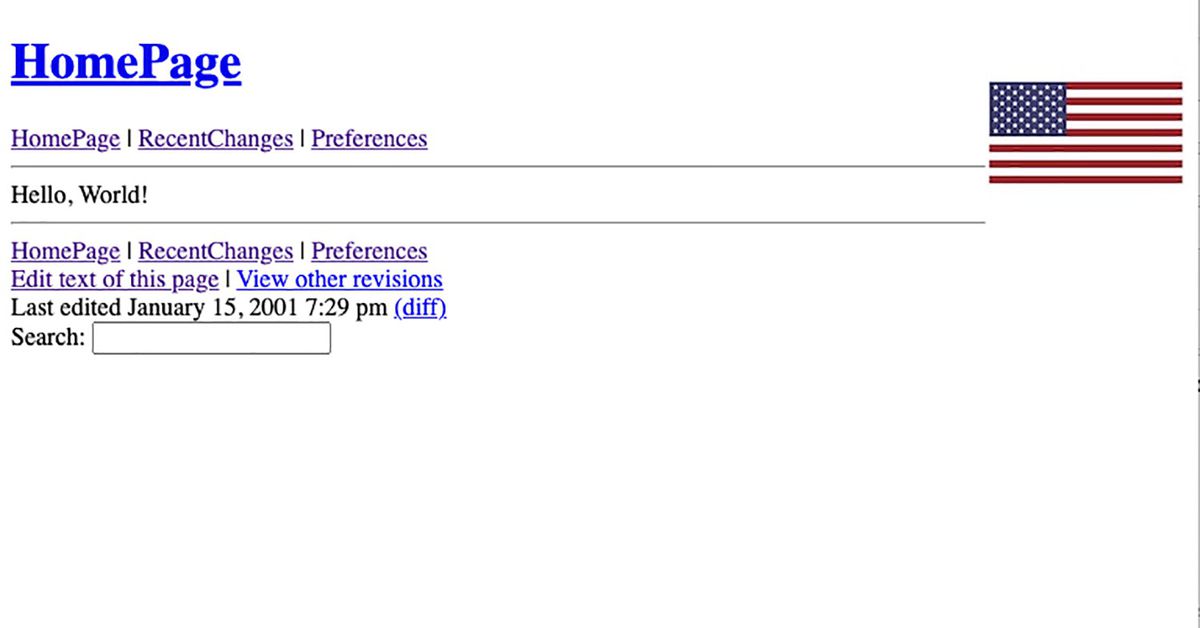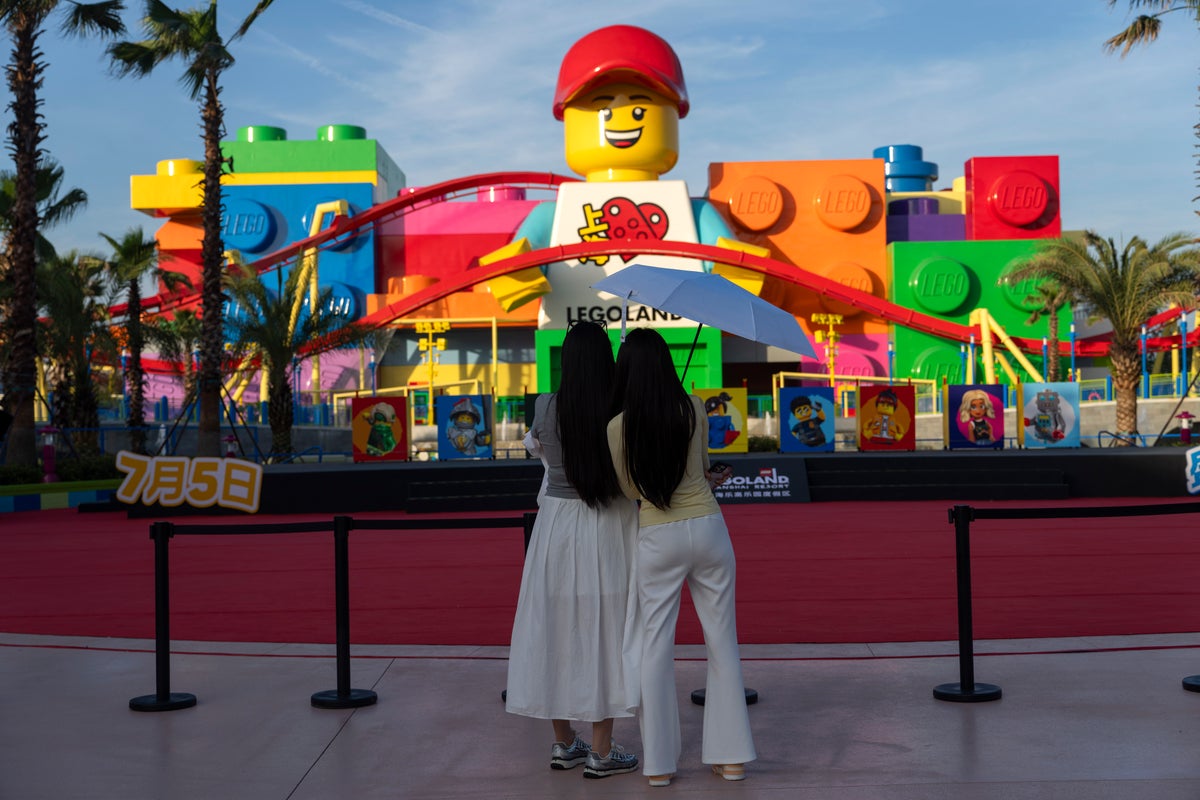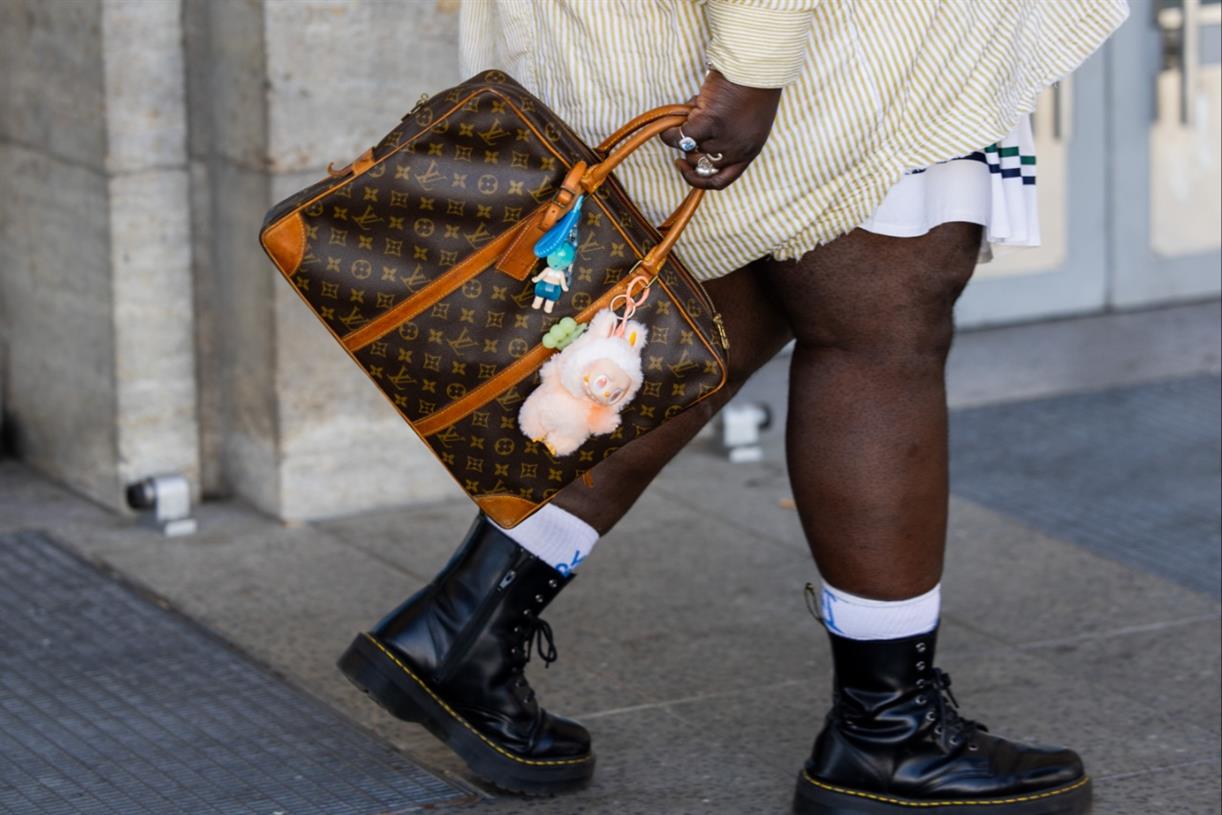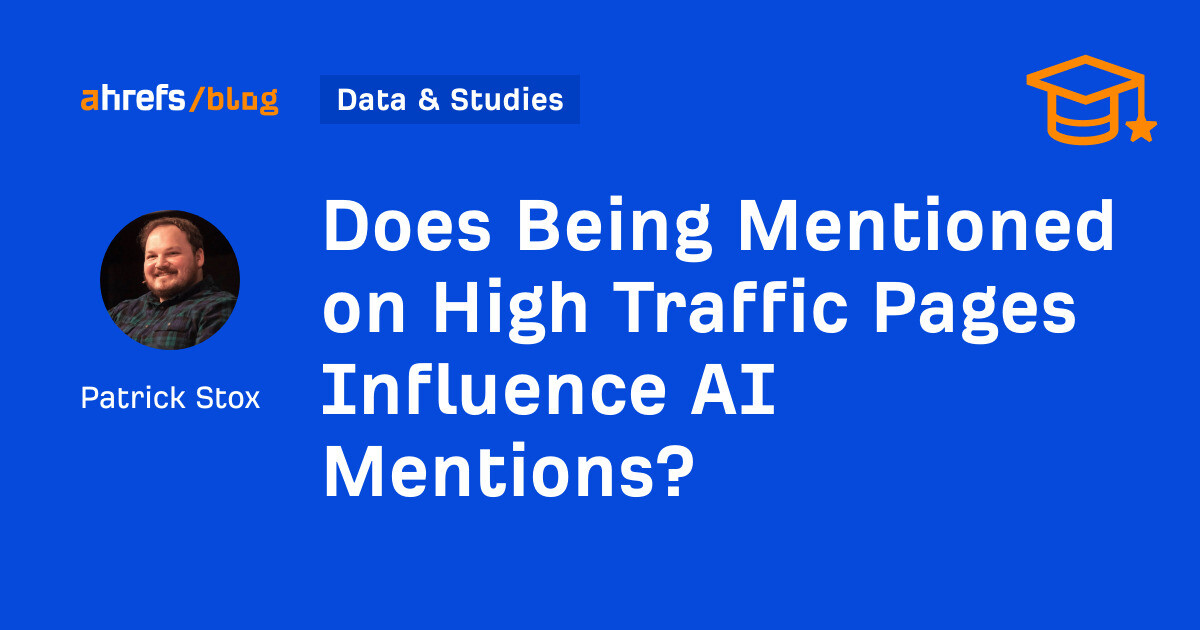After a string of creator controversies, Twitch is pretty sure it made the right changes
Illustration by Nick Barclay / The VergeWith new tools like Guest Star and improvements to existing monetization programs, Twitch believes it’s the best place for creators right now. Continue reading…
/cdn.vox-cdn.com/uploads/chorus_asset/file/23951419/STK044_VRG_Illo_N_Barclay_3_twitch.jpg)
Despite a number of recent controversies, from unpopular monetization changes to rampant ads to high-profile creators leaving for YouTube, Twitch thinks now is the best time to be on the platform.
“I don’t think there’s ever been a better time to start streaming on Twitch,” said Twitch chief product officer Tom Verrilli.
In January, Twitch shared a lengthy blog highlighting some of the changes it’s making and tools it’s bringing to the platform to invest in streamers. As platforms compete for new users, ad dollars, and talent, streamers have more options for where to go than they ever have before. The Verge spoke with Verrilli and chief monetization officer Mike Minton about what their teams are working on to make earning and content creation on Twitch as easy as it’s ever been.
Last September, Twitch announced that it was changing the revenue share percentage of some of its partners, reducing from a 70 / 30 split to a 50 / 50 split if the streamer made beyond $100,000 in subscription revenue. Though the change only affected the smallest percentage of the highest-earning streamers, the news created a cascade of bad feelings across Twitch communities because it signaled that the highly desired, much-asked-for 70 / 30 subscription revenue split for all streamers wasn’t coming any time soon, if at all.
“There certainly was loud conversations within the community in terms of their feedback and reception,” Minton said. From that feedback, the pair say they learned the value of listening, hearing, and communicating with the community. Most importantly, they knew Twitch was going to have to show its users what it was doing to earn its share.
“We talked a lot about how we’re in this together, and part of that is innovation,” said Minton. “We are committed to continuing to improve our monetization products and building new monetization products, and at the end of the day, we are committed to increasing the amount of money a streamer earns.”
Minton understands that most streamers feel the simplest way to achieve that is through the 70 / 30 subscription revenue share, but he says Twitch is more focused on growing the overall pie by investing in new products and helping streamers net longer and more lucrative sponsorships deals.
The ad incentive program is one of the products of that investment. “The acceptance and engagement on the ad incentive program far exceeded our expectations,” Minton said. “So streamers are clearly seeing the value in running ads now.”
Recently, Twitch announced changes it’s making to its ad incentive program in which creators can opt in or out of the program at any time instead of being locked in for a full month. The amount of money creators can earn has also changed from a fixed payout to an estimated payout based on the level of participation a creator chooses.
Minton acknowledged the state of ads on the platform isn’t perfect yet, and the company has taken steps to reduce their intrusiveness through static, in-player ads and disabling preroll ads if creators display at least three minutes of ads per hour. “We’re really, really thinking about ad placement generally and ensuring that, as a viewer, when you’re looking for a new community, that we’re reducing the impact of ads,” Minton said.
Ads and making money aren’t the only top-of-mind concern for streamers. One of the biggest reasons users were asking for a higher revenue share was because of the extraordinary labor and time it takes to be a streamer. Creators put in the work to cultivate their communities and to create, edit, and promote their content. To them, 50 / 50 wasn’t enough relative to the effort it takes to be a streamer.
“Being a content creator on the internet is hard,” Verrilli acknowledged. By giving streamers better insights, by providing more efficient tools so exporting content takes minutes, not hours, and by taking more of the responsibility for discovery off the streamers, he believes that’s how Twitch can alleviate the burden on streamers making their content.
Verrilli outlined three big initiatives Twitch has for streamers and their communities: building audiences, maintaining audiences, and turning those audiences into part of the entertainment.
For building audiences, Verrilli said, “We want to make it easier for creators to take their amazing Twitch content and distribute it, but we also need to take more responsibility for delivering viewers straight to streamers while they are on Twitch.”
He didn’t go into specifics on how Twitch was working to do that or what new programs they were working on to facilitate getting found. But Twitch has expanded its tag system whereby streamers can create special categories for their stream (for example, identifying as a Black or Latinx or LGBTQIA2S+ streamer) so audiences can filter down to see the kinds of creators they want to see. Twitch is also starting to roll out tag impressions so streamers can see what categories can potentially attract the most viewers to their channel.
As for making the audience a part of the entertainment, chat, for a long time, has been the way creators have engaged with their audience and has remained relatively unchanged beyond adding iterations like emotes and cheering.
“We think the next evolution of [chat] is with Guest Star,” Verrillii said. Guest Star, currently in beta, is an integrated tool that allows streamers to easily feature other creators or their audience in a livestream.
Ultimately, Minton and Verrilli believe that fostering and supporting community is the best way to help streamers on Twitch. “Everything we do at Twitch starts and ends with community,” Verrilli said.
Minton agreed. “What we’re committed to doing is continuing to innovate, continuing to improve the experience from a beginning streamer all the way up to a highly successful star.”

 ValVades
ValVades 
































